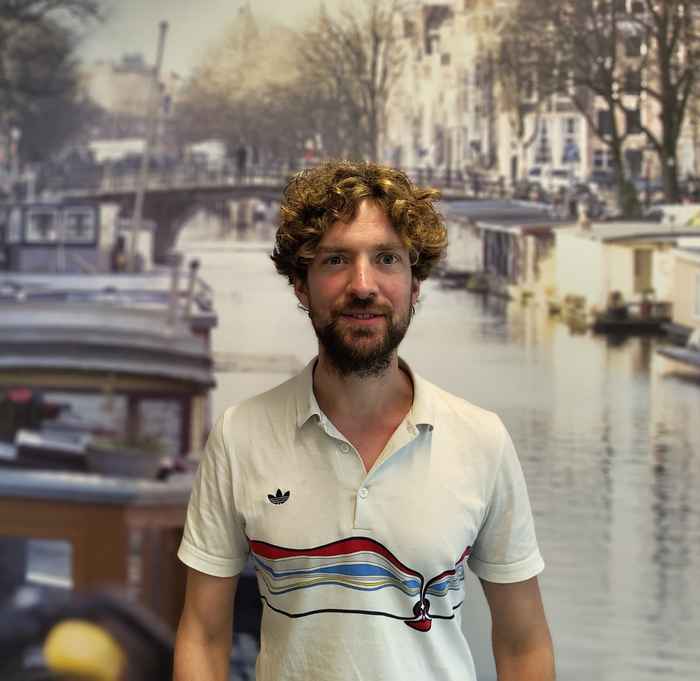Towards an IPCC-chapter on Urban Climate Systems
Workshop by IAS policy fellow Daniel Hogendoorn
- Date
- 8 July 2025
- Time
- 13:30 -17:30
- Location
- Oude Turfmarkt 145-147
- Room
- Sweelinck Room
Cities, engines of the Anthropocene, remain oddly peripheral in climate science—treated as boundary conditions or emission zones, not as dynamic systems with internal feedbacks like glaciers or oceans. This workshop challenges that blind spot. Convened as a methodological and epistemological inquiry, it asks: What would it mean to model a specific city—and the global ensemble of cities—as primary components of the climate system? By reframing cities as legitimate objects of climate inquiry, equivalent in ontological status to cryospheres or ocean currents, we aim to lay groundwork for an eventual IPCC chapter on urban climate systems. Through focused working sessions, we explore the scientific, modeling, and policy questions this shift demands.

About the organiser
Daniel Hogendoorn is a policy fellow at IAS. He works as a policy practitioner to change the long term urban planning and public investment strategies to get Amsterdam within planetary boundaries through different sustainability transitions (energy transition, climate adaptation, circular economy, nature positive city, and increasingly sustainable finance).
Programme
| 13:30 | Arrival and Welcome: Coffee, tea, and opening remarks |
| 13:45 | Opening Talk: Putting the Polis back into Policy |
| 14:15 | Working Session I: Modeling the Specific City |
| 15:15 | Short Break: Coffee and conversation |
| 15:30 | Working Session II: Modeling the Urban Ensemble |
| 16:30 | Reflections |
| 17:00 | Close & Drinks |